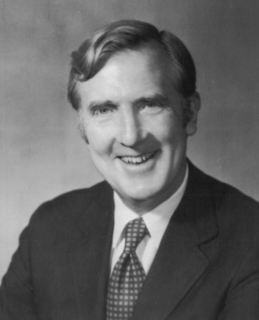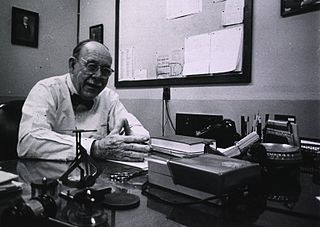A Quote by John Milton
No institution which does not continually test its ideals, techniques and measure of accomplishment can claim real vitality.
Quote Topics
Related Quotes
Ideals are very often formed in the effort to escape from the hard task of dealing with facts, which is the function of science and art. There is no process by which to reach an ideal. There are no tests by which to verify it. It is therefore impossible to frame a proposition about an ideal which can be proved or disproved. It follows that the use of ideals is to be strictly limited to proper cases, and that the attempt to use ideals in social discussion does not deserve serious consideration.
The material which a scientist actually has at his disposal, his laws, his experimental results, his mathematical techniques, his epistemological prejudices, his attitude towards the absurd consequences of the theories which he accepts, is indeterminate in many ways, ambiguous, and never fully separated from the historical background . This material is always contaminated by principles which he does not know and which, if known, would be extremely hard to test.
We've bought into the idea that education is about training and "success," defined monetarily, rather than learning to think critically and challenge. We should not forget that the true purpose of education is to make minds, not careers. A culture that does not grasp the vital interplay between morality and power, which mistakes management techniques for wisdom, which fails to understand that the measure of a civilization is its compassion, not its speed or ability to consume, condemns itself to death.
One of the unfortunate consequences of the intellectualization of man's spiritual life was that the word "spirit" was lost and replaced by mind or intellect, and that the element of vitality which is present in "spirit" was separated and interpreted as an independent biological force. Man was divided into a bloodless intellect and a meaningless vitality. The middle ground between them, the spiritual soul, in which vitality and intentionality are united, was dropped.







































